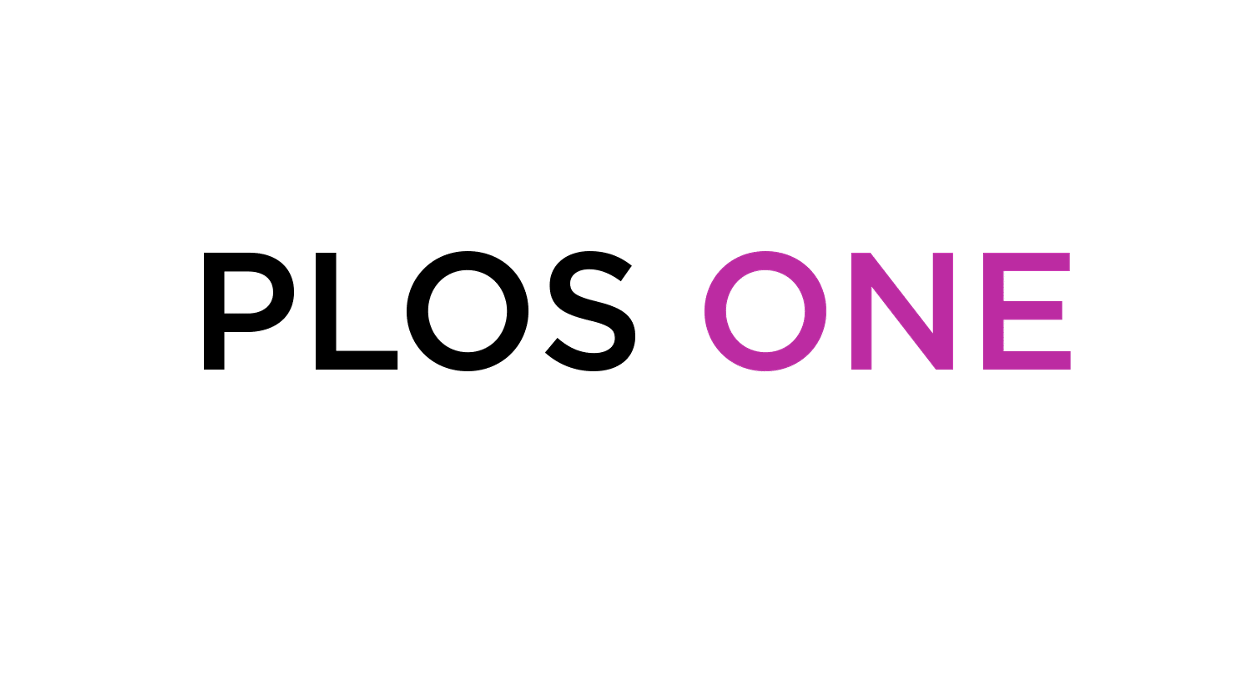The COVID-19 pandemic brought widespread attention to an “infodemic” of potential health misinformation. This claim has not been assessed based on evidence. The researchers evaluated if health misinformation became more common during the pandemic. They gathered about 325 million posts sharing URLs from Twitter and Facebook during the beginning of the pandemic (March 8-May 1, 2020) compared to the same period in 2019. The researchers relied on source credibility as an accepted proxy for misinformation across this database. Human annotators also coded a subsample of 3000 posts with URLs for misinformation. Posts about COVID-19 were 0.37 times as likely to link to “not credible” sources and 1.13 times more likely to link to “more credible” sources than prior to the pandemic. Posts linking to “not credible” sources were 3.67 times more likely to include misinformation compared to posts from “more credible” sources. Thus, during the earliest stages of the pandemic, when claims of an infodemic emerged, social media contained proportionally less misinformation than expected based on the prior year. The results suggest that widespread health misinformation is not unique to COVID-19. Rather, it is a systemic feature of online health communication that can adversely impact public health behaviors and must therefore be addressed.
Twitter and Facebook posts about COVID-19 are less likely to spread misinformation compared to other health topics
January 12, 2022


